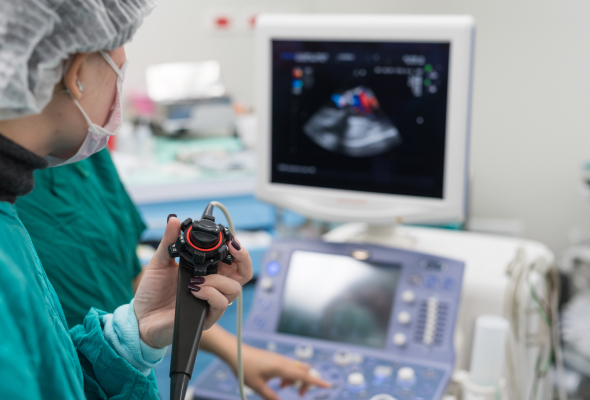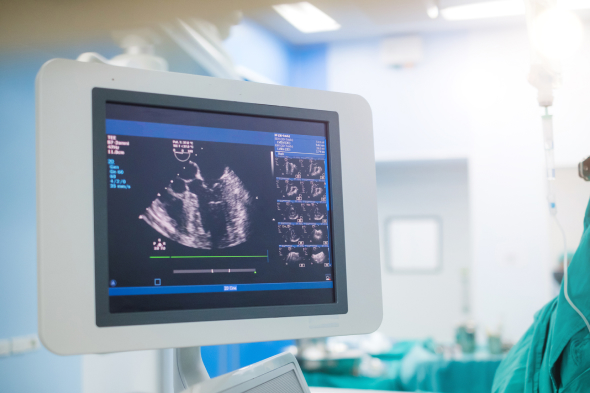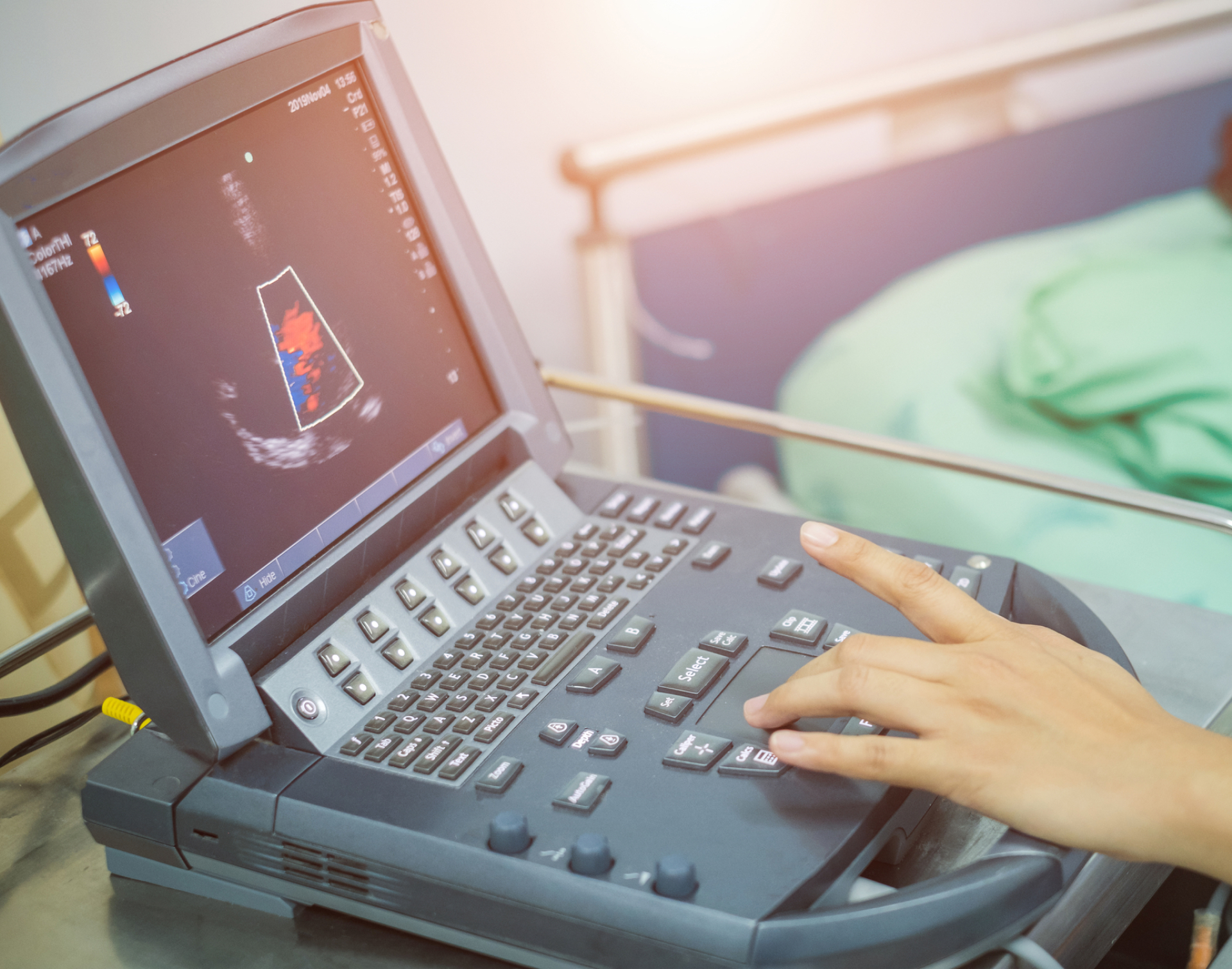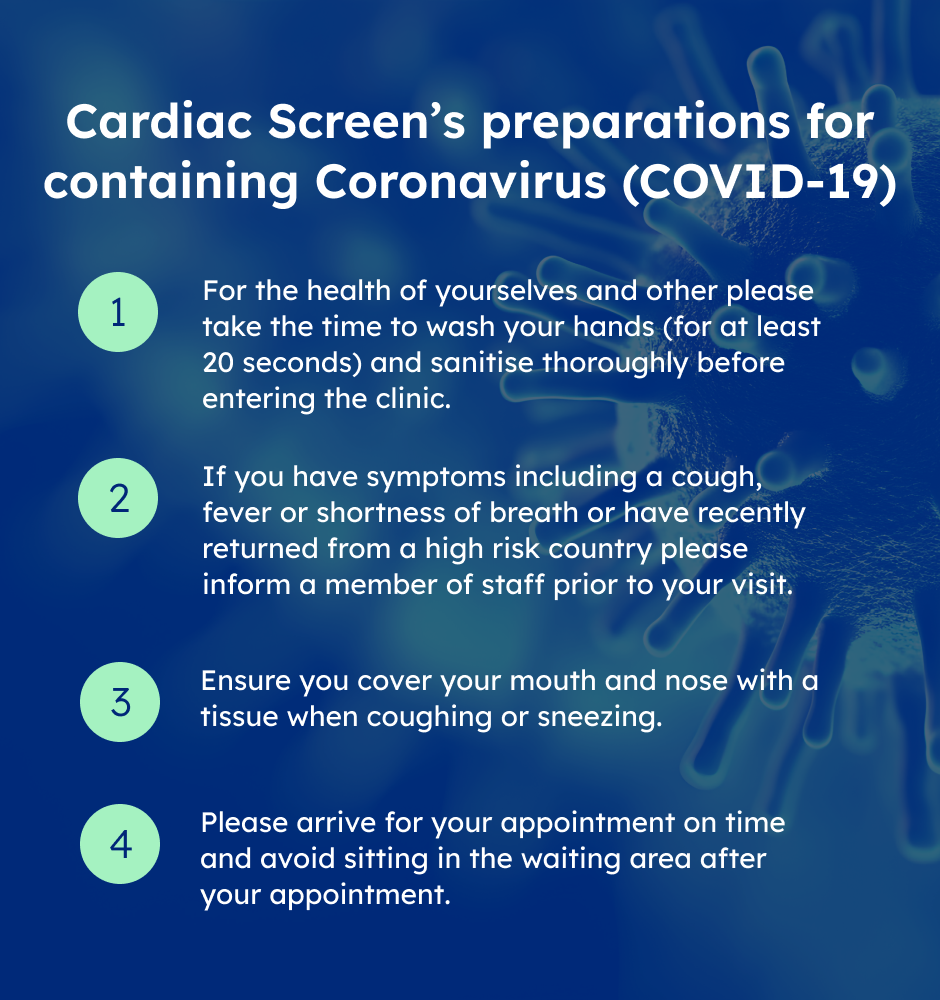Please click here to view Cardiac Screen's preparations for containing Corona Virus
Balppa House, 57-61 Newington Causeway, London SE1 6BD
Stress ECG
Immediate Access to Heart Screening
Evaluates the electrical activity of the heart, blood pressure and heart rate with exercise. It is a useful test to detect coronary artery disease (any blockages of the heart arteries) and response of heart rate or any electrical heart disturbances of the heart rhythm & blood pressure response to exercise. Please bring along with a pair of running shoes and jogging pants/shorts for the treadmill ECG. The test takes approximately 30 minutes. The exercise test is carried out by using the Bruce Protocol. The Bruce protocol is a standard test in cardiology and is comprised of multiple exercise stages of three minutes each. At each stage, the gradient and speed of the treadmill are elevated to increase work output, called METS. Stage 1 of the Bruce protocol is performed at 1.7 miles per hour and a 10% gradient. Stage 2 is 2.5 mph and 12%, gradient while Stage 3 goes to 3.4 mph and 14% gradient , Stage 4 goes to 4.2mph and a 16%gradient , Stage 5 does to 5mph and a 18% gradient.
A stress ECG or electrocardiogram is a test that allows us to monitor the electrical activity in your heart as you exercise. It enables us to see how well your heart copes with physical activity.
If you come to the Cardiac Screen clinic in London for a stress electrocardiogram, you will be asked to walk on a treadmill, so you should wear comfortable clothes and shoes. Apart from the treadmill, the equipment used for an exercise ECG is similar to what you may have seen if you have had a resting ECG. Several electrodes will be attached to your chest to monitor the electrical activity in your heart. You will then begin walking at a comfortable pace, before the speed or slope of the treadmill is increased to make you work harder. You will be monitored closely throughout the stress ECG and you will never be pushed beyond your ability.
When you have a stress ECG, we will also be monitoring your blood pressure and heart. In some cases, your cardiologist might want to perform a stress echocardiogram too, which produces an ultrasound image of your heart so that we can check how well it is pumping during or just after exercise.
Testing your heart while it is under physical stress can reveal problems that might remain hidden when you are resting. The results of a stress electrocardiogram could help your doctor to detect and evaluate signs of cardiovascular disease or arrhythmia, to monitor your recovery, or to assess how much exercise it is safe for you to do.
Do you have a Question?


Pricing
From only £380.00
Stress ECG Test is Available at a Special Reduced Rate!
Location
Stress ECG is available at
The Medical Specialist
Balppa House
57-61 Newington Causeway
London
SE1 6BD
Appointments
Same Day Appointments
You can have quick access with same day appointments.
Self Referral
If you are self-referral, our staff would be happy to get a brief history of your symptoms and advise you appropriately with what you will require and which consultant you will need to be booked with.
Contact
Please contact us by clicking the button below, or speak directly to one of our dedicated Patient Care team directly on 020 7403 5294
See Sample Test Report
The purpose of a test sample report is to provide a clear example of how the final test report will be structured and what type of information it will contain.
Cardiac CT & MRI Scan
We are now providing cardiac CT and MRI scan services.
Please click below to find more information.
Please click below to find more information.

Cardiac at Home Services
Our unique cardiac at home service means we come to you to perform this test in the comfort of your home.
Do You Qualify?Client Reviews

Price From only £380.00
Stress ECG
Immediate Access to Stress ECG















